क्रोधश्च दृढवादश्च परवाक्येष्वनादरः॥
Mūrkhasya pañca cinhāni garvo durvacanaṁ tathā
krodhaśca dṛḍhavādaśca paravākyeṣvanādaraḥ
There are five signs of fools – Pride, abusive language, anger, stubborn arguments, and disrespect towards other people’s opinions.
Pride is considered one of the five signs of a foolish person. Since God is known as the friend of the humble, pride and ego separate us from Him. How pride can engulf a person and bring him down can be learned from the life of King Nahusha- the son of Aayu-a Chandrvanshi, king and ancestor of the great Pandavas who acquired knowledge of the Vedas and Shastras from Sage Vasishta at a very young age. Nahusha had ruled well and had performed 100 Ashwamedha Yagnas. His fame had spread worldwide, and the heavens and people were in awe of him.
Once, Indra, king of Swarg (heaven), went into hiding for the sheer shame of some sin he had committed. His disappearance caused the gods and the rishis great distress, for a people without a king or a council of state to govern them cannot prosper. So the devatas and rishis searched for Indra’s replacement everywhere and finally zeroed in on Nahusha. Thus, they went to him and offered the crown of Swarg. First, Nahusha rejected the offer out of humility. He said, “Forgive me; I cannot be your king. How can I protect you? It is impossible.” But all the gods and rishis insisted, “Do not hesitate. Once anointed as our king, all the merit and potency of our penance will be yours and be an addition to your strength. The power and the energy of everyone you set your eyes on shall be transferred to you, and you will be invincible.” After this assurance, Nahusha agreed to become king of Swarg.
At first, Nahusha performed well, assisted by the merit and fame he earned while he was a king on earth. However, all the power and opulence of Swarg soon made him arrogant. He lost his humility and became filled with unlawful desires. Nahusha indulged freely in the pleasures of heaven and gave himself up to untamed and lustful thoughts. One day, he saw Indra’s wife, Sachidevi and became smitten by her beauty. Possessed by lust, he commanded the devatas to bring Sachidevi to him as he wished to take her as his wife. When Sachidevi learned of Nahisha’s order, she became furious and fearful simultaneously. Helpless, she went to the Devguru Brihaspati and asked for protection. Brihaspati, in return, offered her shelter in his home, which infuriated Nahusha, and his displeasure frightened the gods. They tried to fill some sense into Nahusha’s head by advising him not to swerve from the path of righteousness as Sachidevi was someone else’s wife. However, Nahusha was in no mood to listen. He counterattacked the devatas by asking them, “When Indra lusted for Ahalya, where were your righteousness and good conduct principles? Why did you not prevent him then, and why do you stop me now?”
When nothing seemed to be working, Brihaspati hatched a plan. Taking the hint from the sage, Sachidevi went to Nahusha’s palace. There, she said, “O mighty king of the gods! Before I become your wife, I have a request to make. I wish you to come majestically to my house in a grander style than the Lord Vishnu or Shiva. Let the seven rishis bear your palanquin.” Nahusha, already riding high in his pride, instantly fell into the trap. He thought, “What a grand idea! The great rishis should carry me. Your wish shall be fulfilled.”
Seven revered rishis carried him in a palanquin on the dreadful day of Nahusha’s supposed wedding. Engulfed in lust, Nahusha was impatient to reach Sachidevi soon. So he began goading the rishis to go faster and, out of mad wickedness, kicked the pious sage Agastya, saying “sarpa, sarpa.” Sanskrit has two meanings of ‘sarpa’- one is ‘‘to move’, and the other is ‘serpent’. Nahusha’s madness had reached its culmination. His cup of iniquity was packed to the brim. Thus, Agastya cried out loud, “O wicked Nahusha, you out of pride had made us the rishis bearer of your palanquin. On top of it, you are also goading us and saying sarpa, sarpa constantly. I curse you now and here that thou shall fall from heaven and become a sarpa on earth.”
Immediately, Nahusha fell headlong from heaven and became a python in the jungle. There, he had to wait for several thousand years for deliverance. His progeny, Yudhisthira, came to rescue him in Dwapar Yuga.
Takeaway: When Nahusha got his deliverance from the curse, he told Yudhisthira:
सुप्रज्ञमपि चेच्छूरमृद्धिर्मोहयते नरम् ।
वर्तमानः सुखे सर्वो मुह्यतीति मतिर्मम ।।
suprajñamapi cecchūramṛddhir mohayate naram
vartamānaḥ sukhe sarvo muhyatīti matir mama
“O righteous king Yudhisthira! The wealth and opulence fascinate even the most intelligent and brave man. I believe that everyone immersed in pleasure is disillusioned by it and subjected to the great fall as I did.”
Goswami Tulasidas ji also said in Ramcharitmanas:
नहिं कोउ अस जनमा जग माहीं,
प्रभुता पाई जाहि मद नाहीं ।
nahim kou asa janama jaga māhī,
prabhutā pā'ī jāhi mada nāhī
"Never has a creature born in this world who doesn’t get intoxicated with pride when exalted with power and opulence."
The story of Nahusha proves that excessive fame and power lead to pride, and pride leads to the ultimate downfall. So, one must always be conscious of one’s surroundings and not allow pride to take over.



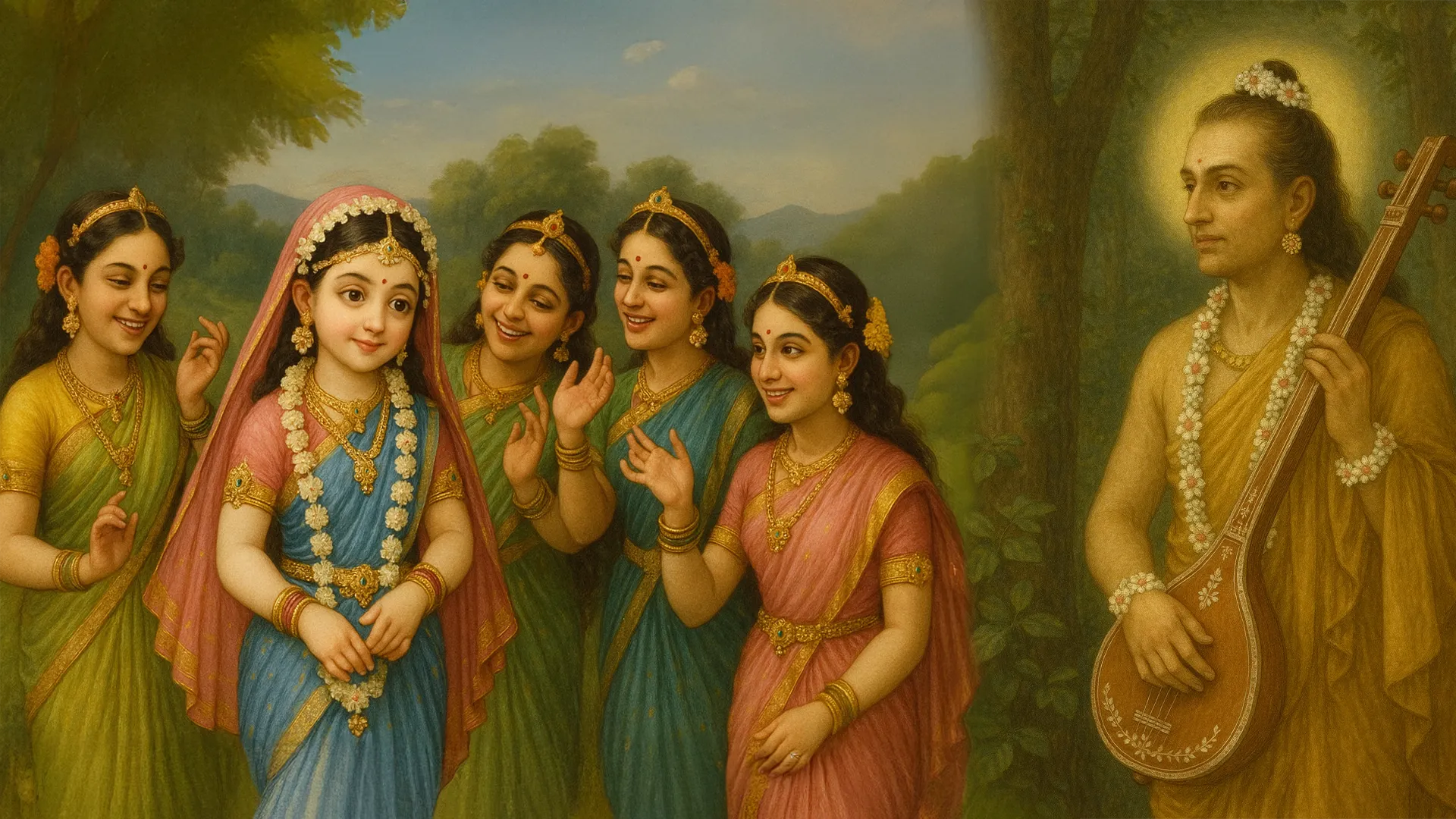
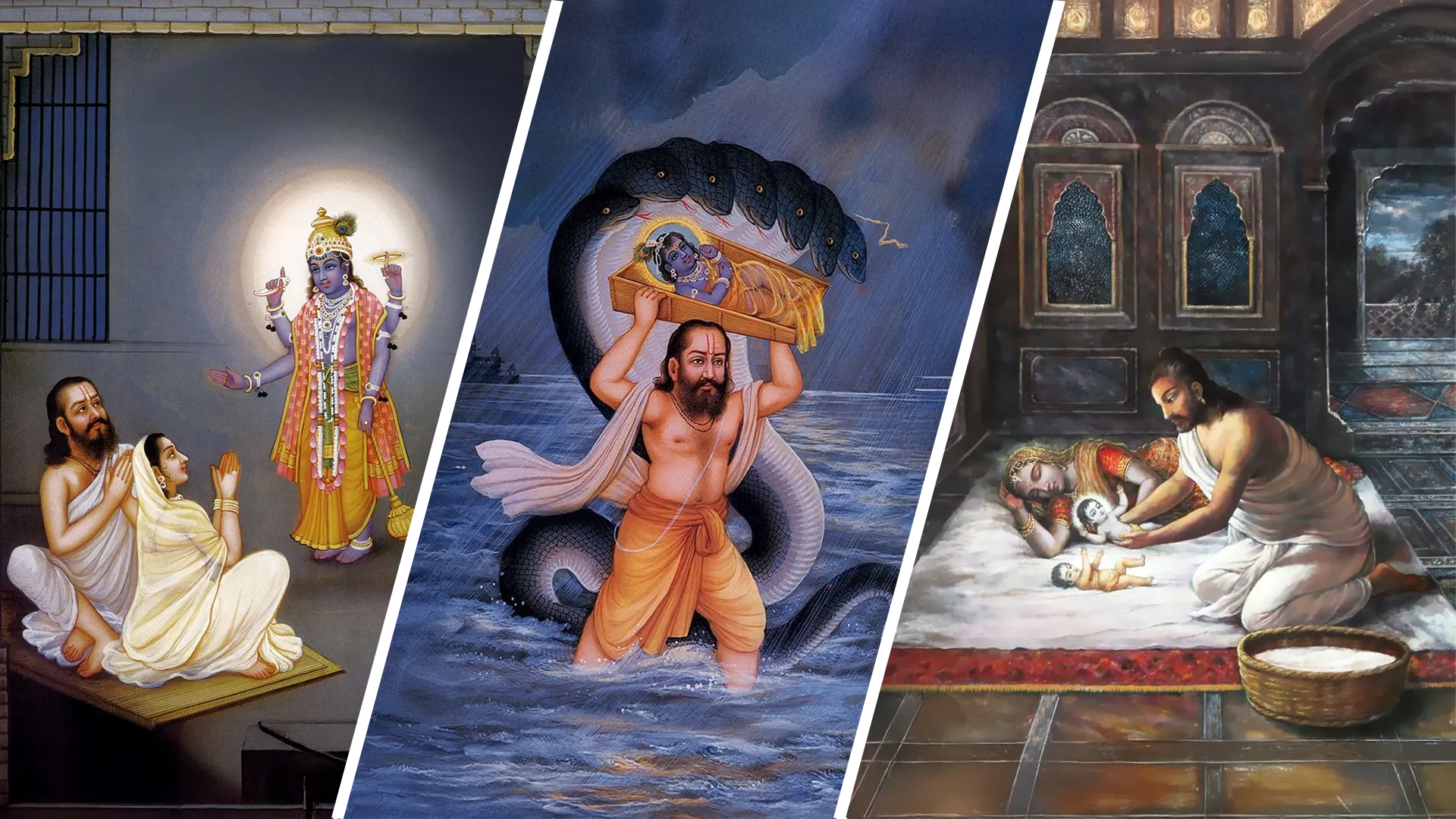
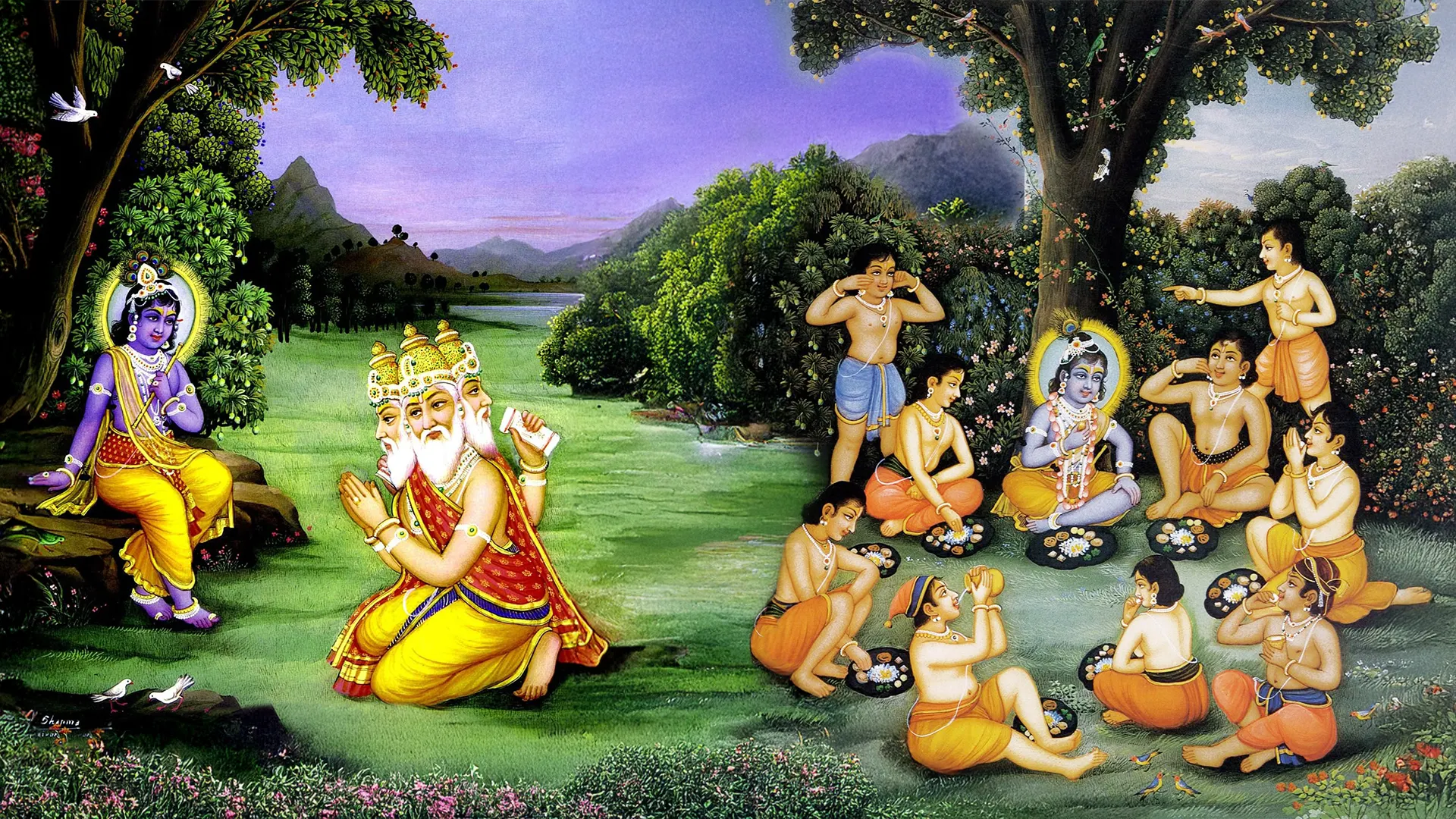
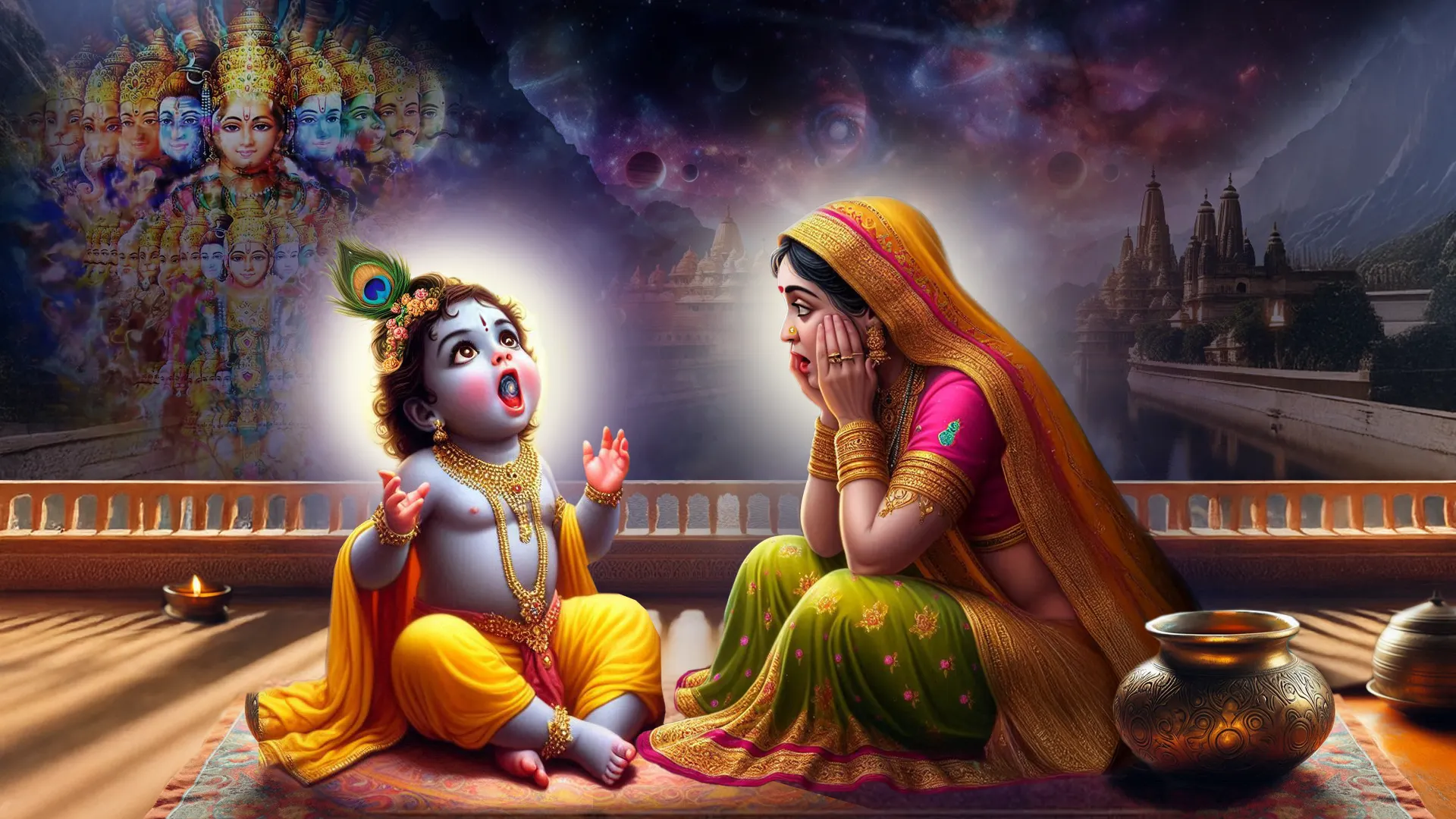
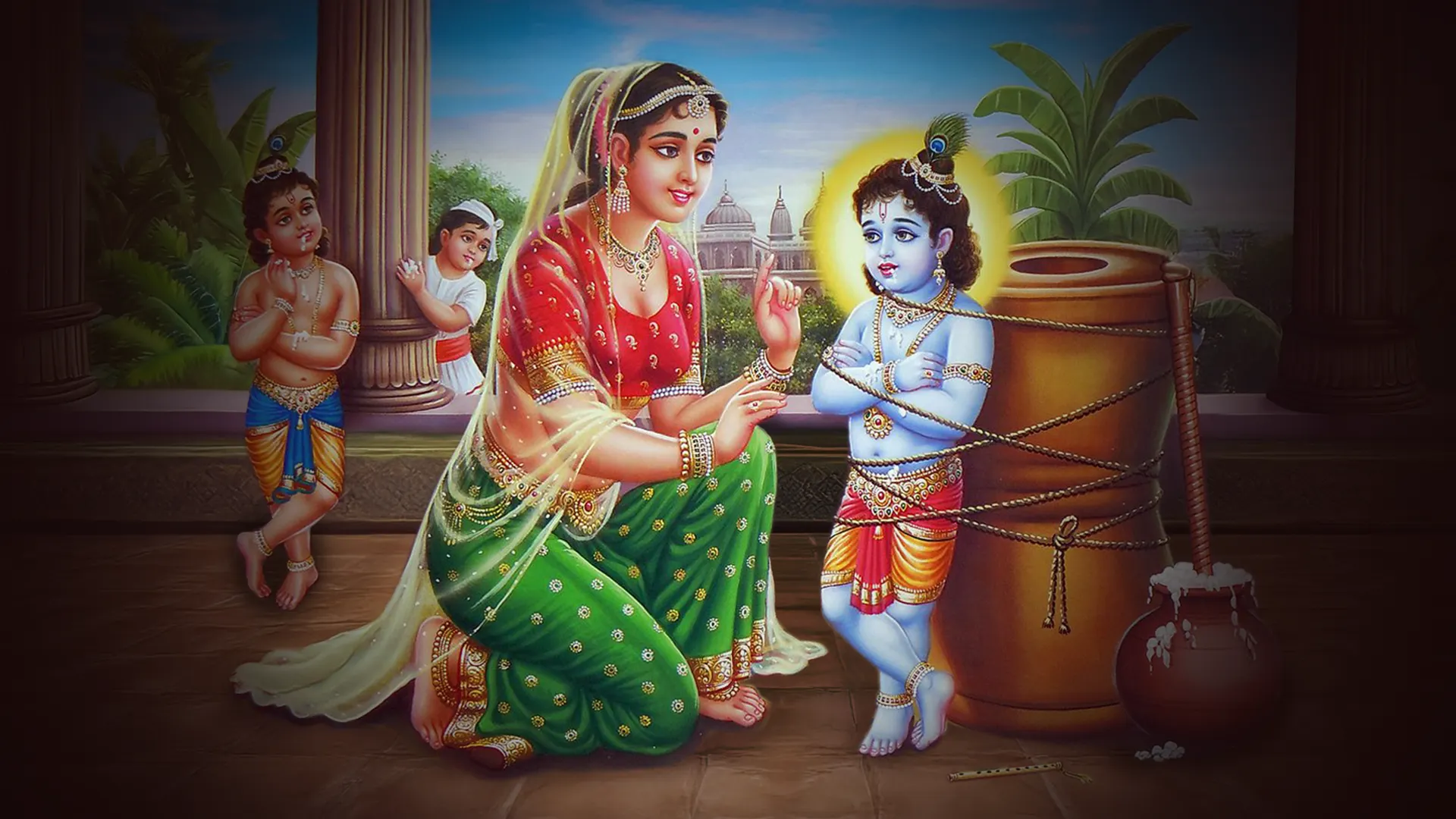

What our Participants say